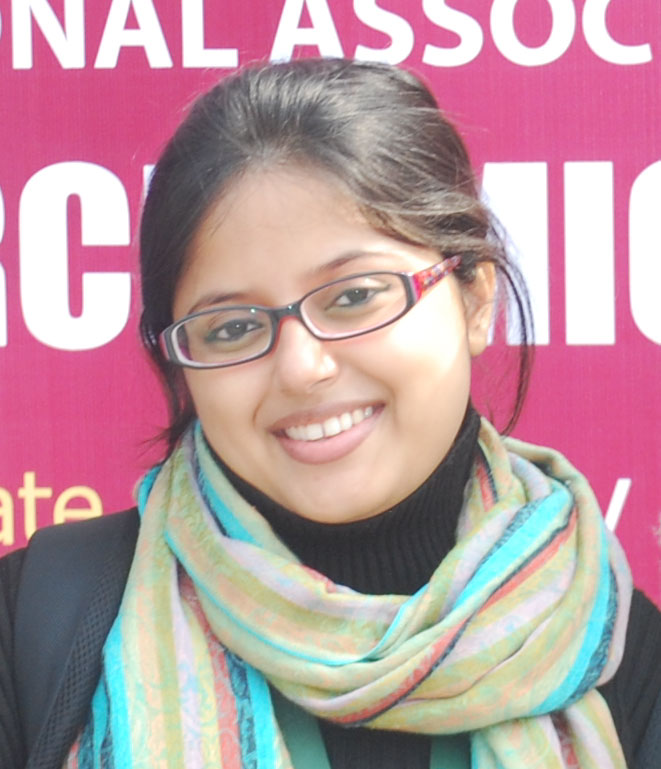Migration and Forced Migration Studies with Particular Focus on South Asia and its European-Asian Dimension (2019-2021)
Researcher Segments || Visiting Fellowships
A. Research Segment 1 : Long 2020
Long 2020 is the main focus of CRG’s research agenda this year. COVID-19 pandemic, lockdown and the migrant crisis of the last year have forced us to revisit some of our concepts, theories, and policies of governance, protection, care, and justice around issues of migration and forced migration. This year’s research agenda in many ways is therefore shaped by our last year’s experiences. The ‘long’ in the ‘Long 2020’ helps us to think of our present as a long unfolding of historical trends and experiences of epidemiological management, a combination of several crises in the form of a pandemic, public health policies, and practices, migration realities in the wake of an epidemic, and issues of life and death raising their heads through the time of an epidemic. Yet, even though an epidemic such as this is preceded in history by other epidemics, each repetition of history is also a new beginning. The ‘long’ can be also thus understood in reference to the projection of a current event into the future by looking back into the past. Informed by such a paradox, the ‘Long 2020’ research programme will try to rethink issues of epidemiological governance, jurisprudence, public health, restructuring of labour, and the idea of ‘crisis’ with a special focus on refugees and migrants caught in the crisis.
Contemporary migration scholarship is still deficient in historical awareness and hence unable to bring out the political and economic truths of the crisis time. Notwithstanding the wide range of research methodologies and reflections on the diverse sites and subjects of migration, we lack the focus that can produce a compelling critique of conventional knowledge of migration. The idea of a ‘long 2020’ research programme is drawn from an awareness to place the migration issue in the light of epidemiological and economic governance, broad macroeconomic restructuring, and the acute crises of the time.
Such a research programme hopefully will bring back the question of the migrants' body into the academic field of studies of public health, public education, and labour. In the South Asian context, the refugee influx into India was marked by forcible pathologization of the refugee's body--from compulsory inoculation of the refugee as soon as they reached railway stations in the aftermath of the partition of British India, to the urban imagination of the 1971 refugee as the carrier of deadly diseases that needed to be contained far away from the urban metropolis. In 2020, the migrant workers walking back to their village homes after the sudden imposition of the lockdown, found their selves kneeling--to be sprayed by pesticides, to kill the virus. The trains ferrying them were the ‘Corona trains’, indicating their potential to infect previously untouched, uninfected villages. In this background, this will be a collective study of the some of the salient aspects of the year of 2020 in the light of long historical trends. At the same time the study will hopefully indicate a history that 2020 is creating before our eyes.
| Researchers | Research Topics | Abstracts / Full Paper | |
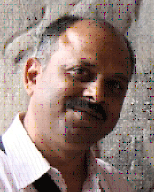 |
Amit Prakash, Jawaharlal Nehru University, New Delhi & CRG | ‘The Long 2020: State Impunity and Erasure of Rights through Logistics of Governance’ | Abstracts |
 |
Byasdeb Dasgupta, University of Kalyani & CRG | ‘Global Capitalism and Corona Pandemic – In Search for Radical Solution’ | Abstracts |
 |
Iman Mitra, Shiv Nadar University, Noida & CRG | ‘Modeling COVID-19: Notes on the Convergence of Economic and Epidemiological Reasons’ | Abstracts |
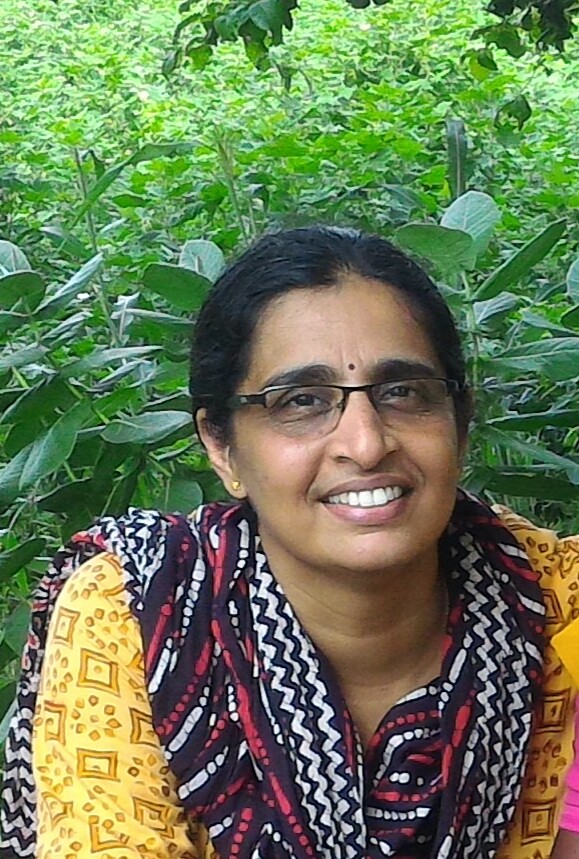 |
Jyothi Krishnan, Independent Researcher, Kerala | Guest Workers in Kerala: Is Welfarism Enough? | Abstracts |
 |
Kaustubh Mani Sengupta, Bankura University, Bankura | ‘Contagion, Territory, Public Health: Situating 2020 in Modern South Asian Past’ | Abstracts |
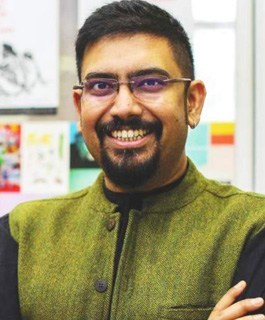 |
Oishik Sircar, O.P. Jindal Global University, Delhi | ‘The Long 2020: An Outsider Jurisprudential Account’ | Abstracts |
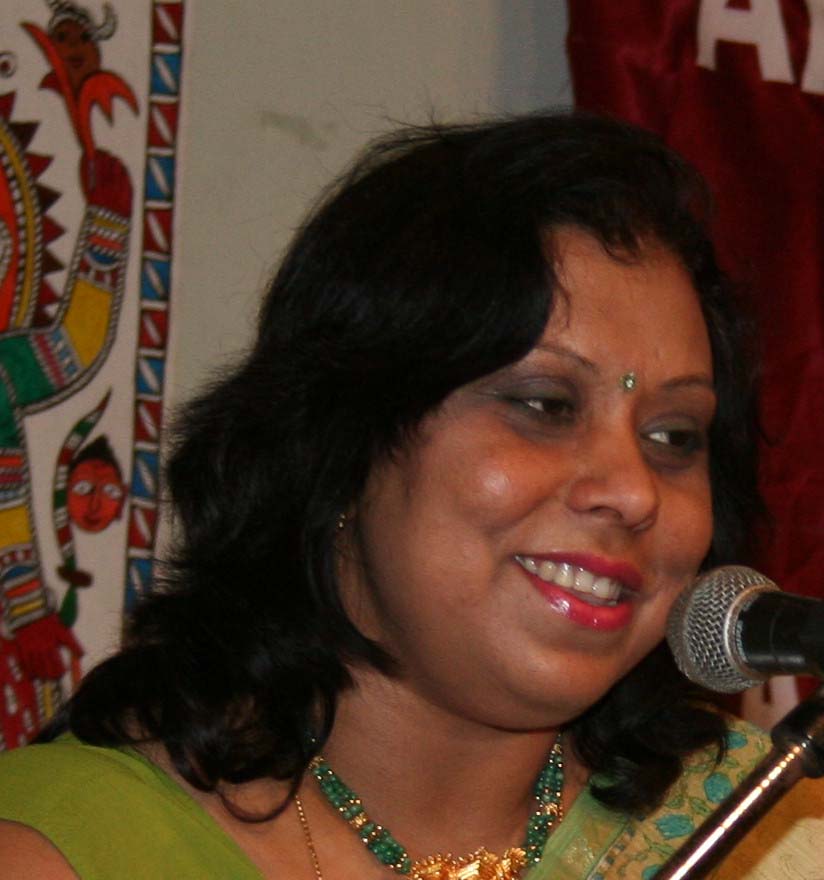 |
Paula Banerjee, University of Calcutta & CRG | ‘Locating the Diseased Body’ | Abstracts |
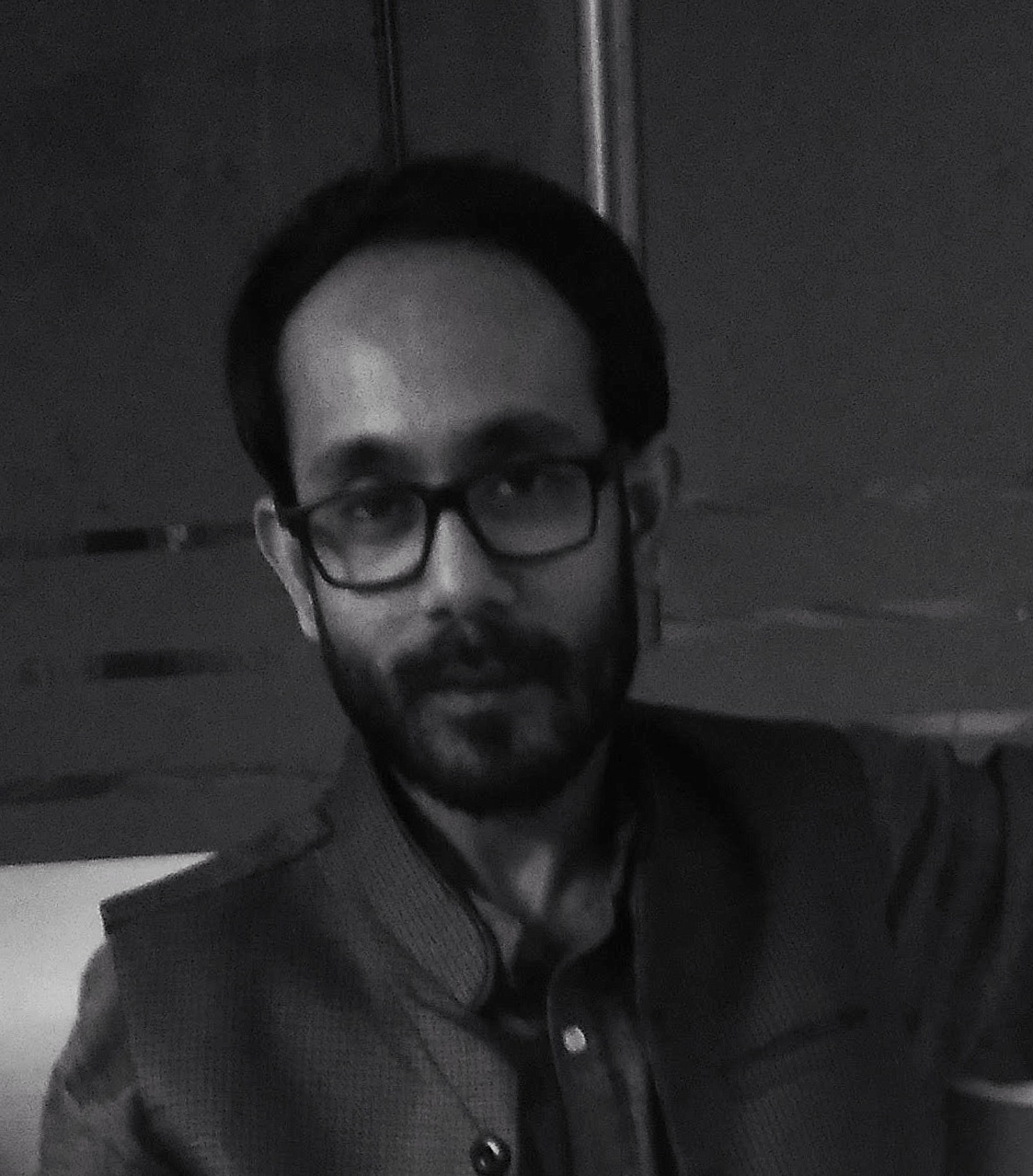 |
Priyankar Dey, CRG | ‘Public Health in Refugee Camps and Colonies of West Bengal during 1947-1958: Policies, Practices and Politics’ | Abstracts |
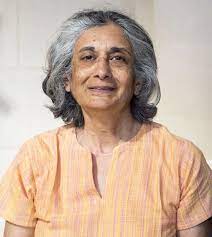 |
Ritu Menon, Women Unlimited & CRG | ‘Books, and the Time-Warp of Long COVID’ | Abstracts |
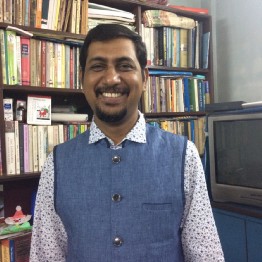
|
Sabir Ahamed, Pratichi (India) Trust & CRG & Madhurilata Basu, Sarojini Naidu College & CRG |
‘The Long 2020 and the Informal Care Economy: Case Studies of Select Careworkers’ | Abstracts |
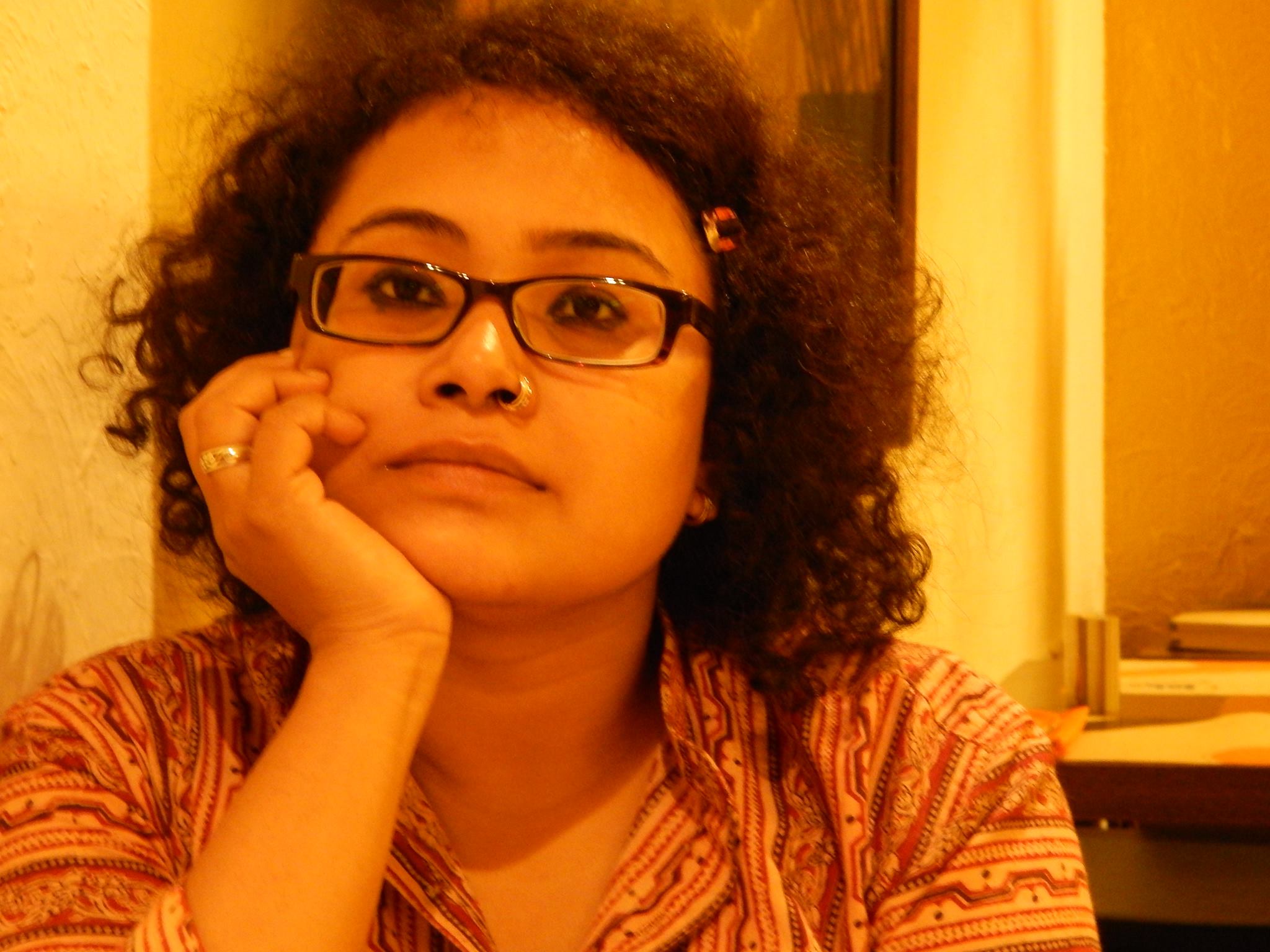 |
Samata Biswas, The Sanskrit College and University & CRG | ‘Epidemic, Migration and Literature: Tropes, Traces and Topographies’ | Abstracts |
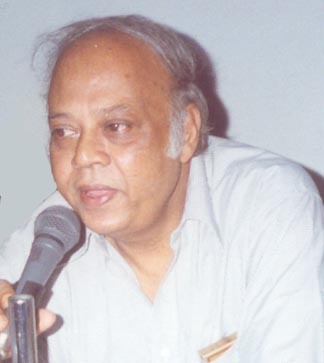 |
Subhas Ranjan Chakraborty, Asiatic Society, Kolkata & CRG | ‘Longue Durée’, ‘Conjoncture’, ‘Event’: Notion of Plural Time in History’ | Abstracts |
B. Research Segment 2: The Migrant in the Electoral Time
Carving out of modern nation-states through partition of territories at the end of the colonial period has led to massive and mixed flows of migrants in India and South Asia in general. Besides political and communal conflicts, environmental crises and lack of food security and livelihood are also major contributing factors to large scale population movements in this region. In a country like India, the sheer number of the migrant population from neighbouring countries has traditionally made the migrants a distinct electoral population group and migration an important electoral issue. On the other hand, around 10% of India’s working population constitutes of migrant workers who suddenly erupted into visibility due to the pandemic and the subsequent nation-wide lockdown. With this as the background, this research seeks to investigate how the figure of the migrant features in the campaigns of different political parties and other organizations during elections. A major focus of this study will be to understand how different connotations and representations of the migrant are mediated through the strategies as well as contingencies of electoral politics. This research will produce a report through an investigation of these issues through three comparative, fieldwork-based, case-studies of electoral campaigns for the assembly elections of Bihar (2020), Assam (2021) and West Bengal (2021). The study will aim to collect and archive election manifestos, speeches, leaflets, handbills, posters, photographs, video clips, newspaper reports, and trends on social media platforms on issues involving the migrants and refugees, texts of select interviews of voters, election workers, and local leaders. Special emphasis will be on getting the voices of women migrants, and daughters, mothers, sisters, and wives of male returnee migrants – their presence or lack thereof in the electoral sphere. It will also study electoral metaphors, and the deployment of the language of violence, racism, and masculinity in the election campaigns.
| Researchers | Research Segments | Abstracts / Full Paper | |
 |
Anamika Priyadarshini, Centre for Catalyzing Change | Bihar |
|
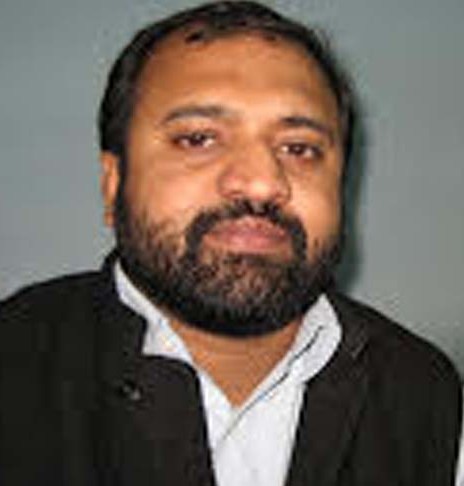 |
Gopal Krishna, Toxic Watch & Patna High Court | Bihar’ | |
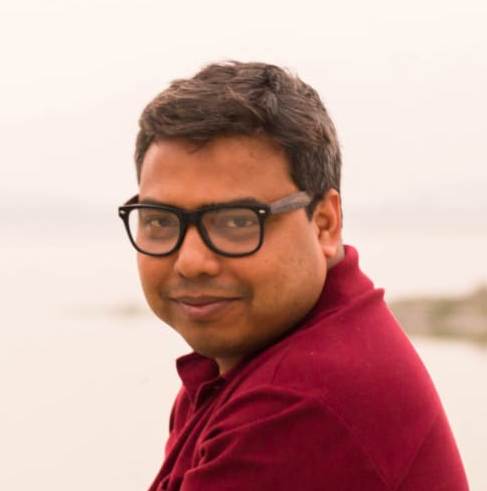 |
Ankur Tamuli Phukan, CRG | Assam | |
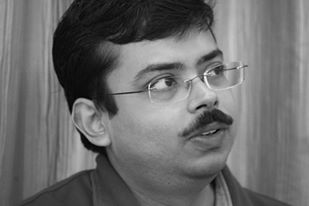 |
Rajat Kanti Sur, CRG | West Bengal |
|
 |
Priyankar Dey, CRG | West Bengal | |
C. Research Segment 3: The Politics of the Local: the Contingencies of Citizenry in Assam: A Case Study
Most of the literatures on immigrants discuss the legal-historical etiquette of the immigration problems in Assam and Northeast India in general ignoring the basic structure of the operation processes of identification, determination, and finally the deportation of individuals as foreigner. This paper will try to locate that processes in order to understand the shifts and changes in disciplinary politics of a nation-state and how in a particular historical-cultural context of Assam the cartographic anxiety of the nation-state would align itself with other sub-national(s), bureaucratic anxieties of a particular local. The problem of reading legal-juridical structure and their limitation in the case of immigration discourses is that it simply ignores the efficacy of practices and their transcendental aura in developing the political-legal arithmetic in the locals. This particular chasm between legal-juridical and political-legal is critical to understand the question of marginalization and how it operates articulates or dislocates itself historically in accordance with the efficacy of practices. If efficacy of the practices is already given in this particular historical-cultural context of Assam then how such practices are sabotaged, inverted by the individuals/communities and what kind of contingencies that generate through these inversions will also be addressed in the essay. Thus emphasizing on the practices this research will address larger questions of the citizenry, identity and its constitution in every day, the idea of the border both in discursive and material level.
| Researchers | Research Segments / Research Topic | Abstracts/ Full Paper | |
 |
Ankur Tamuli Phukan, CRG | Assam | |
D. Research Segment 4: The Refugees of West Bengal in 1971
The long twentieth century witnessed a gradual shift in global consciousness of nation-state identity politics delving in the dialectics of who belong and where the power rests in the state apparatus either as a monolithic specific or as dialogic system creating multiple layers of inclusion and exclusion in the vision of the nation ‘to be’ achieved. This process of identification was more profound in the making of the Bangladesh and the continuum it traversed from being a part of Two Pakistan’s coming out of partition in 1947 and its protracted histories of ‘subject formation’ to declaring themselves as citizens of ‘sovereign independent Bangla Desh’ in 1971 Liberation War. This transitional phase in claiming a separate geo-national identity was traversed through what has been described as ‘medieval butchery’ inflicted by the West Pakistani army and a ‘price of freedom’ paid by the civilians fleeing genocide to becoming refugees in India. This project tries to document the saga of dehumanization encountered through the trope of refugee dislocation in India and the ethico-moral responses of the global community highlighted that relief was more than providing just food and clothes. The penetrating gaze of looking onto the Bangladeshi refugee in India transformed the global politics into intimate theatres of refiguring the displaced as amorous spectral characters of suffering whole operating within the material space of the camp-site. The existentialism of refugee multiplicity in the management of the health, morbidity, mortality is looked from Foucauldian perspective of biopower ‘as a way to manage life’ in the refugee sites and as a category that emerged as the by-product of the negotiations in envisioning freedom as given ‘too little’ and demands of ‘even more’ and thereby tries to resolve the antimony in the experiences, realities of the ‘refugee time’ rather than as ‘citizens in wait’ and its reflection in the rational time of governmentality in designing its relief system processes. Thereby it tries to locate the new praxis of viewing refuge as a temporal category in nation making rather than nation seeking and repatriation as a logical outcome of the process.
| Researchers | Research Segments / Research Topic | Abstracts/ Full Paper | |
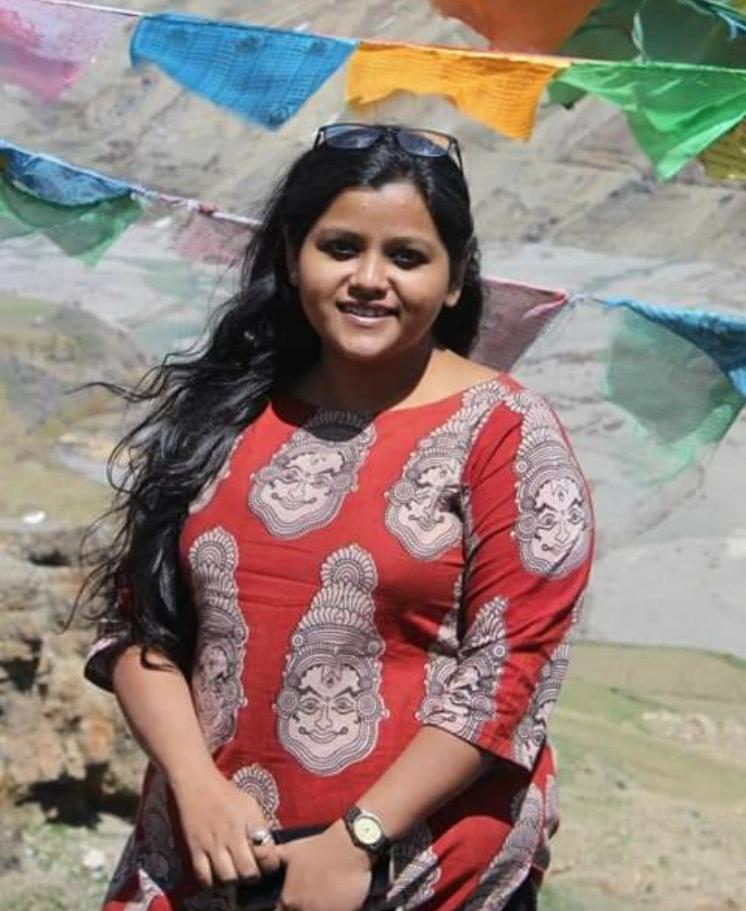 |
Rituparna Datta, CRG & JNU | West Bengal | |

